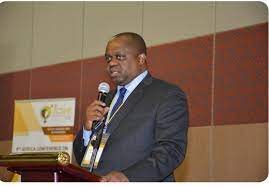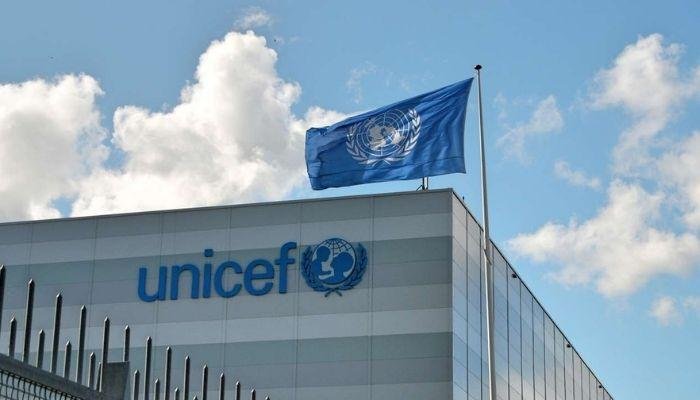A global health advocate, Dr Lanrewaju Adeyemi Tejuoso does not speak every time. But whenever Tejuoso speaks everybody has to listen to him. The reason is not farfetched. He has contributed immensely to healthcare development of Nigeria. In the 8th Senate Tejuoso championed many impactful health bills as the chairman, Senate Committee on Health.
He speaks with Gom Mirian in an exclusive chat recently, on The Basic Healthcare Provision Fund (BHCPF) which heralded the game-changer for Nigeria’s healthcare system, promising accessible and affordable healthcare for all citizens.
Tejuoso, who played a pivotal role in the establishment of the BHCPF, fingered challenges of bureaucracy as the primary reason for the delayed implementation of the programme.
Africa Health Report (AHR) findings show that despite its lofty goals, the programme has faced huge hurdles in its implementation, with zero spending on the BHCPF in 2019 and 2020.
Tejuoso emphasised the critical importance of the BHCPF in addressing the healthcare needs of Nigerians, particularly those in rural and underserved areas.
He explained that while the BHCPF was included in the approved budget in 2018, bureaucratic challenges hindered its proper implementation for the following two years.
“The law mandated that 1% of the consolidated revenue fund be allocated for basic health care services to Nigerians, and we were finally able to include it in the approved budget of Nigeria in 2018. However, it took another two years for proper implementation due to bureaucratic challenges,” Tejuoso stated.
He also stressed the significance of the BHCPF in addressing the overall deficit in healthcare funding in Nigeria, citing the Abuja declaration of 2001, which mandated nations to allocate a minimum of 15% of their budget to the health sector.
Tejuoso noted that Nigeria has never exceeded 5% and currently faces a 10% deficit, making the BHCPF a crucial initiative to bolster healthcare financing.
In response to the AHR’s findings of zero allocation to the BHCPF in the last two years, Tejuoso clarified that while spending may not have occurred, the money has consistently been allocated to the Ministry of Health each year.
He urged the government to fully commit to implementing the prescribed health intervention to ensure that vulnerable Nigerians do not suffer.
He further emphasised the need to improve the primary healthcare sector in Nigeria, stating, “It is crucial to focus on improving the primary healthcare sector so that individuals from all social classes feel comfortable seeking care for any health issues.”
He also called for accountability and advocacy for better healthcare services, stressing the importance of holding those responsible for improving the healthcare sector accountable and demanding necessary changes.
Tejuoso underscored the importance of instilling confidence in Nigeria’s healthcare system, stating, “Individuals need to speak out when they encounter substandard care at primary healthcare centres. We must hold those responsible for improving the healthcare sector accountable and demand necessary changes.”
The challenges faced by the BHCPF in Nigeria serve as a stark reminder of the complexities and obstacles inherent in implementing large-scale healthcare programs. As the government grapples with bureaucratic hurdles, the urgency of addressing these challenges and ensuring the effective implementation of the BHCPF becomes increasingly evident.
Only through concerted efforts and a commitment to overcoming bureaucratic obstacles can Nigeria realise the full potential of its best healthcare program.



